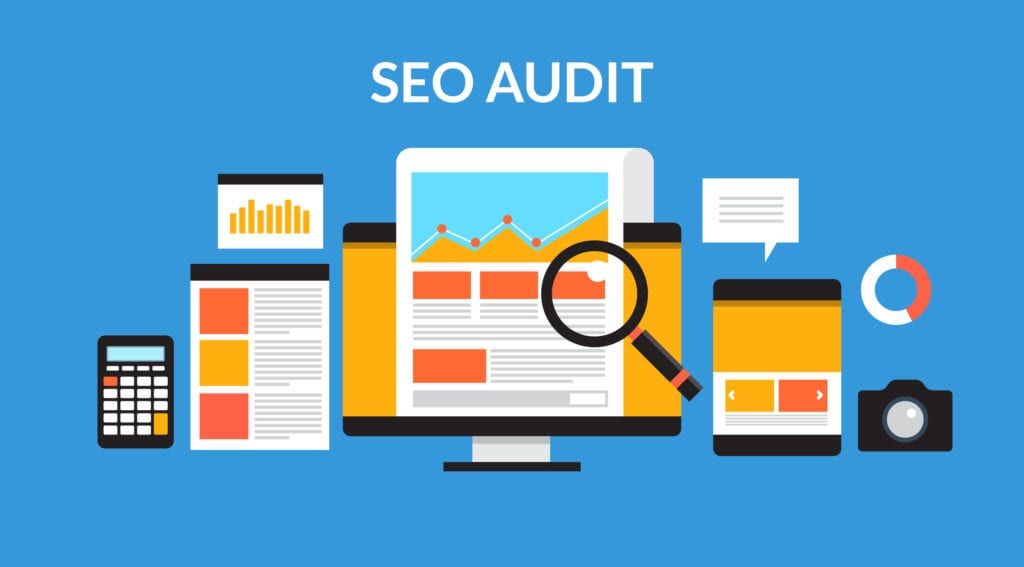What Criteria Should You Consider When Choosing a Site Audit Tool?
A well-optimized website is crucial for business success in today’s digital landscape. A site audit tool is essential to ensure your website is running at its best. However, with a plethora of options available, choosing the right tool can be a daunting task. This listicle will guide you through the key criteria to consider when selecting a site audit tool, ensuring you make an informed choice.

1. Comprehensive Website Analysis
The first and foremost criterion for choosing a site audit tool is its ability to analyze your website comprehensively. The tool should be able to scan all aspects of your site, including on-page and off-page elements, technical issues, user experience, and more. A thorough audit is essential for identifying all potential areas of improvement.
2. User-Friendly Interface
An intuitive and user-friendly interface is critical, especially if you’re not an SEO expert. The tool should present the audit results clearly and understandably. Look for features like interactive dashboards, visual reports, and easy-to-interpret data to help you quickly grasp your website’s strengths and weaknesses.
3. Customization Options
Websites vary in size, complexity, and purpose. Your tool should allow for customization to fit your specific needs. You should be able to tailor the audit process, focusing on the areas that matter most to your website. This flexibility ensures that you don’t waste time on irrelevant data.
4. Error Identification and Prioritization
Identifying errors is essential, but not all errors are equally important. The tool should not only find issues but also prioritize them based on their impact on your website’s performance and SEO. Look for a tool that categorizes issues as critical, medium, and low priority so you can first address the most urgent problems.
5. SEO Insights and Recommendations
Search engine optimization (SEO) is a crucial aspect of website performance. Your site audit tool should provide SEO insights and actionable recommendations. This may include optimizing meta tags, improving page speed, fixing broken links, and ensuring mobile-friendliness. Look for a tool that goes beyond diagnosis to offer guidance on how to make improvements.
6. Backlink Analysis
Backlinks play a significant role in SEO. A quality site audit tool should include a backlink analysis feature, allowing you to assess the quality and relevance of your website’s inbound links. This analysis helps you identify harmful links that may negatively impact your search engine rankings.
7. Security Checks
Website security is more important than ever, and your tool should include security checks. It should scan for vulnerabilities, such as malware, outdated software, or weak encryption, and provide recommendations for enhancing your website’s security. A secure website not only protects your data but also boosts user trust.
8. Reporting and Documentation
An effective site audit tool should generate detailed reports and documentation. These reports should be easy to share with team members or clients and be a baseline for tracking improvements over time. Find a tool with customizable report templates and the ability to schedule automated audits. In conclusion, selecting the right site audit tool is a critical step in maintaining and improving your website’s performance. By considering these key criteria, you can make an informed choice that best fits your website’s unique needs. Remember, investing in the right tool can significantly improve your website’s SEO, user experience, and overall success in the digital world.






